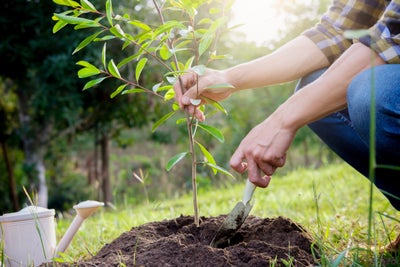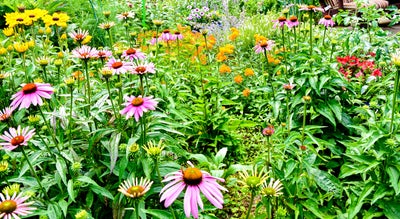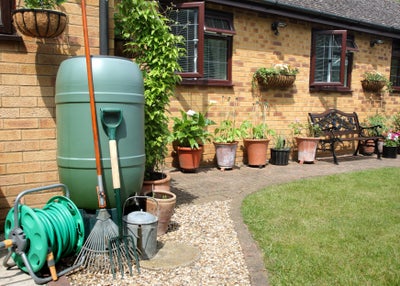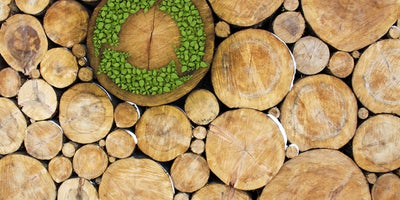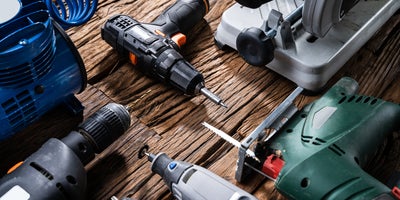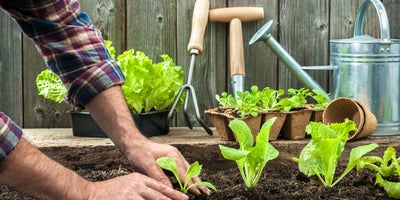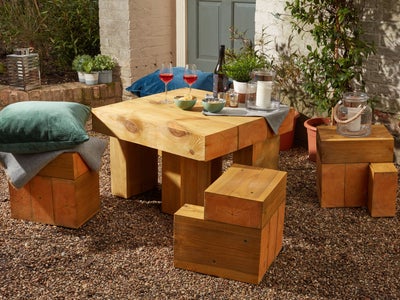Your garden and the ecosystem
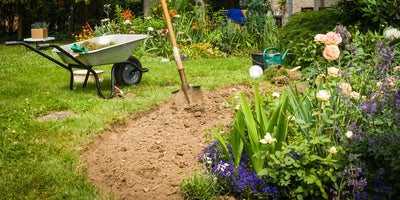
Regardless of the size of your garden or your level of gardening experience, there are always things you can do to make a difference. There are a variety of ways to improve responsible practices in your garden and make it a place that benefits our ecosystem.
Be Inspired
Shop the Range
